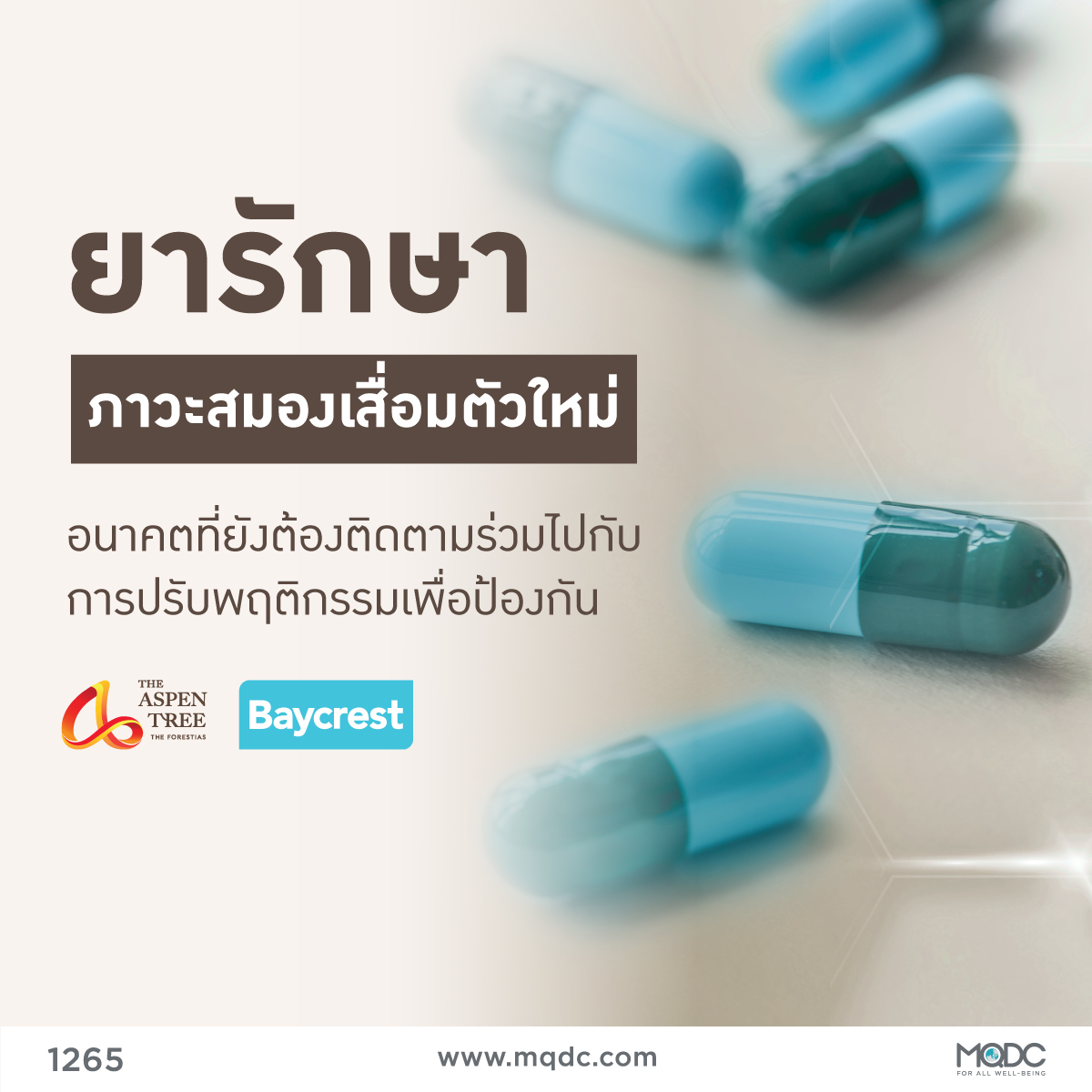How to Combat Alzheimer’s
There is growing evidence that nearly 40 percent of cases of dementia can be prevented through lifestyle and activity choices, including physical exercise, social engagement and mental stimulation, managing hearing loss, blood pressure, blood sugar and weight, following a Mediterranean-style diet, and avoidance of alcohol and cigarettes.
However, for those cases that cannot be prevented, a pharmacological route may end up being the best option. To date, no single experimental drug has been proven to arrest or prevent the disease’s progression, which does not mean we should stop trying to find one.
A Promising New Drug for Alzheimer’s
Indeed, a recent new drug to treat early-stage Alzheimer’s, lecanemab, has received “accelerated approval” by the U.S. Food and Drug Administration. Lecanemab is given intravenously to individuals with mild cognitive impairment or mild severity dementia who have evidence of abnormal brain amyloid accumulation. The most recent clinical trial data suggests after one-and-a-half years of treatment, the reduction in score on a clinical dementia scale assessing cognitive abilities, such as memory, judgment and problem solving, was 27 per cent better in patients treated with lecanemab than in those receiving a placebo.
Lecanemab is the second major Alzheimer’s drug to receive U.S. federal regulatory approval in the past few years. Before it came aducanumab. Both target amyloid beta, which are sticky protein fragments that accumulate in the brain and are hypothesized as causal factors in the development of dementia. Health Canada did not approve aducanumab for use in this country.
Lecanemab is associated with side effects, such as brain swelling, and in some patients, brain bleeding, which can lead to death. As a result, it is uncertain whether this new medication will be widely adopted. My colleague, Dr. Howard Chertkow, the scientific director of the Canadian Consortium on Neurodegeneration and Aging (CCNA), headquartered at Baycrest, and a senior scientist at our Rotman Research Institute, pointed out the challenges with lecanemab in an interview with The Globe and Mail published on February 2, 2023.
The New Drug’s Side Effects
In the interview, Dr. Chertkow noted that “the amyloid hypothesis suggests that if people have amyloid in the brain, they get dementia. But this, too, has been challenged by the fact that many older people with amyloid in their brains don’t have dementia.” That said, he also noted that the evidence provided for lecanemab “is clearer than it was for aducanumab” because drug trials showed more clinical benefit.
However, the question remains whether the benefits outweigh the costs of this new drug. “Will it mean anything noticeable? That’s a big question,” Dr. Chertkow told The Globe, and further articulated that patients “may progress from mild to severe dementia in four to five years instead of three to four.”
Alternative Drugs for Dementia
Aside from lecanemab, many other types of medications are now being tested for Alzheimer’s at major brain research centres like Baycrest, targeting the accumulation of amyloid, as well as other features of the disease, such as brain inflammation.
Some evidence suggests the bacteria that causes gum disease, and other types of infections, including viruses such as herpes, may play a role in amyloid accumulation. This implies Alzheimer’s dementia may be the result of multiple disease processes, as well as genetic and environmental influences.
The future treatment of Alzheimer’s might involve a combination of different types of medications targeting the varied potential causes of the condition.
Summary
Dementia prevention focuses on behavior and lifestyle to reduce risk factors. Many people can use this approach to stay well. But some patients still can't slow down their symptoms and need help from drugs.
New groups of drugs are being developed that can slow down the disease symptoms. But these treatments have side effects that can be severe. There is still a debate whether the benefits of these drugs outweigh the harm. We must follow further studies on drug safety.
Look After Your Body, Mind, and Brain at 50+ at The Aspen Tree in The Forestias Operated by Baycrest with Lifetime Care
Advanced medical technology and new drugs will help prevent dementia. Drug therapy combined with good lifestyle habits can help us live longer and better.
As we get older, what matters most is having a healthy brain and good overall health so we can live an independent, meaningful, worry-free life. These concepts inspire The Aspen Tree at The Forestias, designed and developed with research leaders and global experts in care for older adults such as Canada’s Baycrest.
The Aspen Tree meets all your healthcare needs with Holistic Lifetime Care and comprehensive facilities. Health & Wellness programs suit the lifestyle of older adults, with yoga, swimming, singing, playing music, meditating, outdoors activity space, hydrotherapy, and much more to keep your body, mind, and brain in great shape.
The Aspen Tree at The Forestias also has a Health & Brain Center to safeguard your health and wellness. The center’s experts can delay the onset of dementia and provide care to overcome brain and memory problems. A team of healthcare specialists is on hand 24 hours a day to keep you safe and well in every aspect.
Live free from cares in the free time of live... Let’s find the perfect life together.
Find out more CLICK https://mqdc.com/aspentree
Call 1265
LINE OA: @TheAspenTree or CLICK https://mqdc.link/3Emhkde
Source:
http://baycrest.uberflip.com/i/1497897-brainmatters-spring-2023/7?









